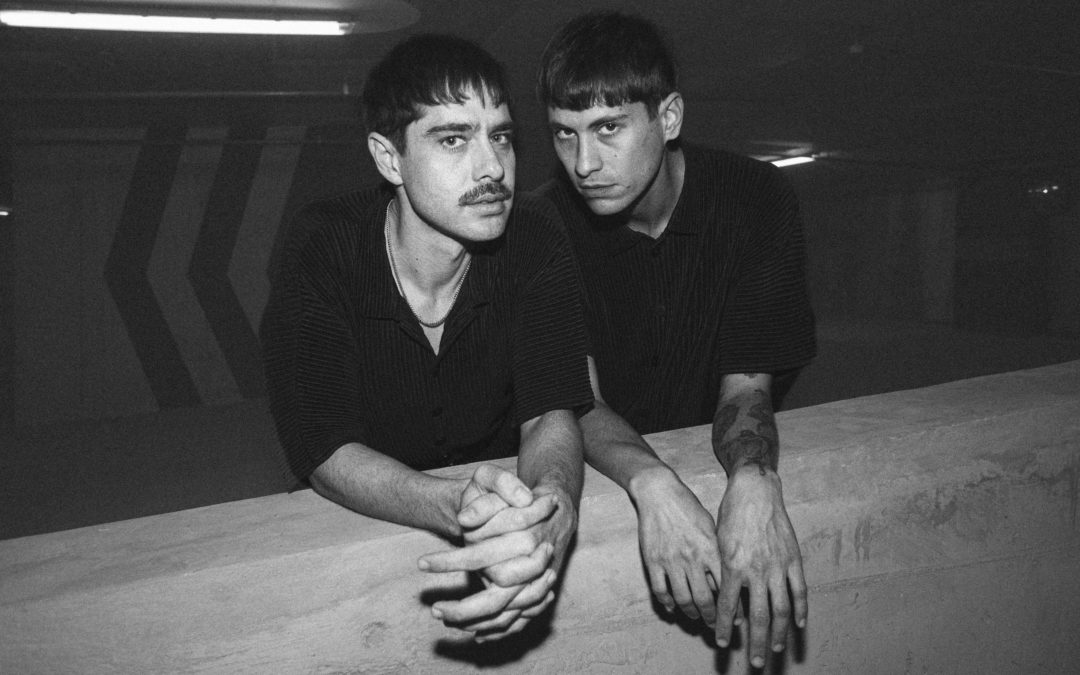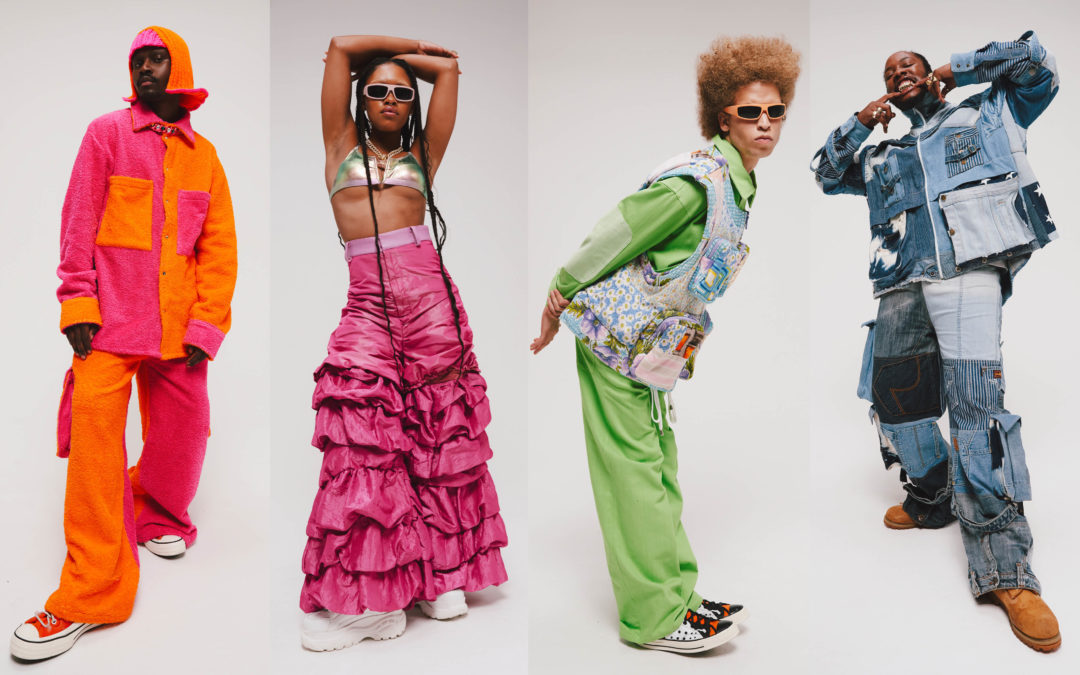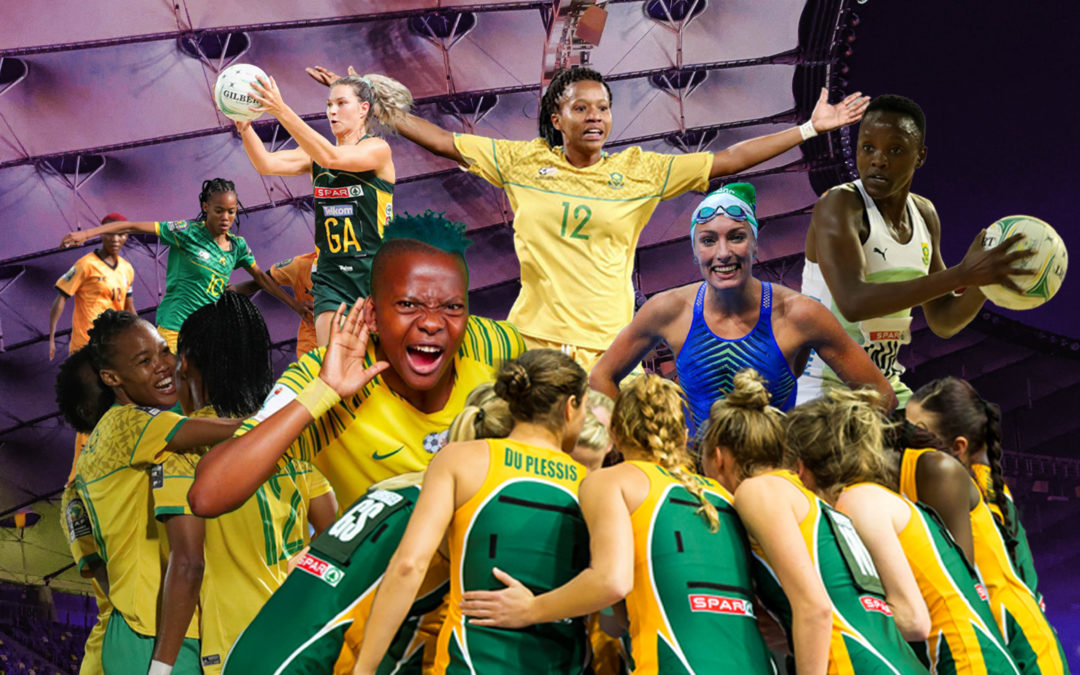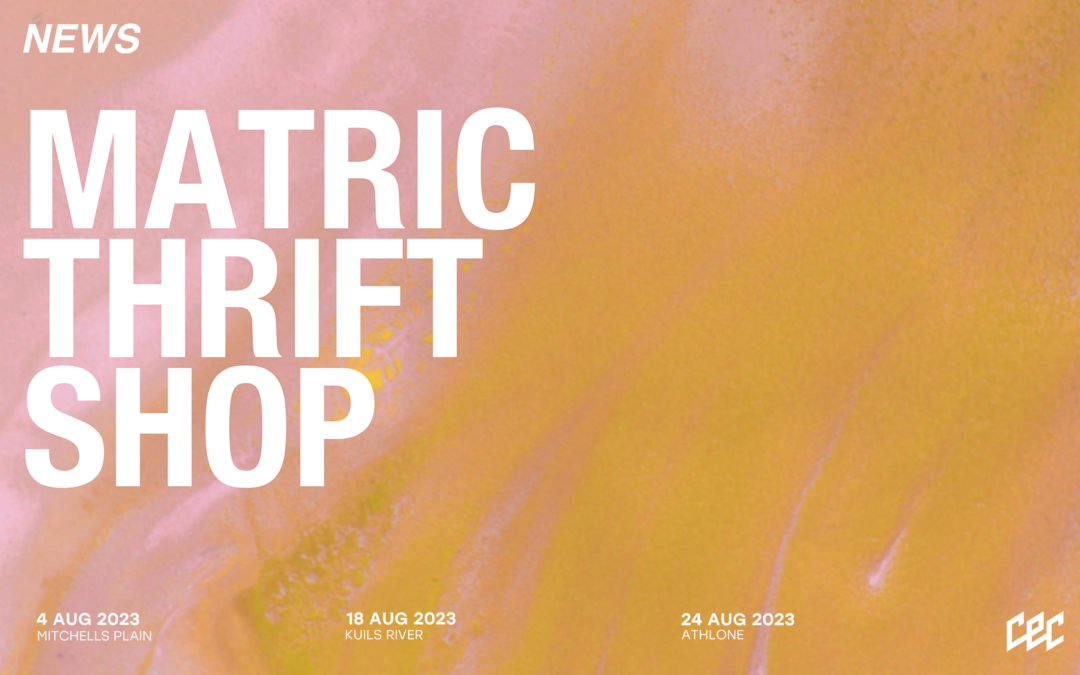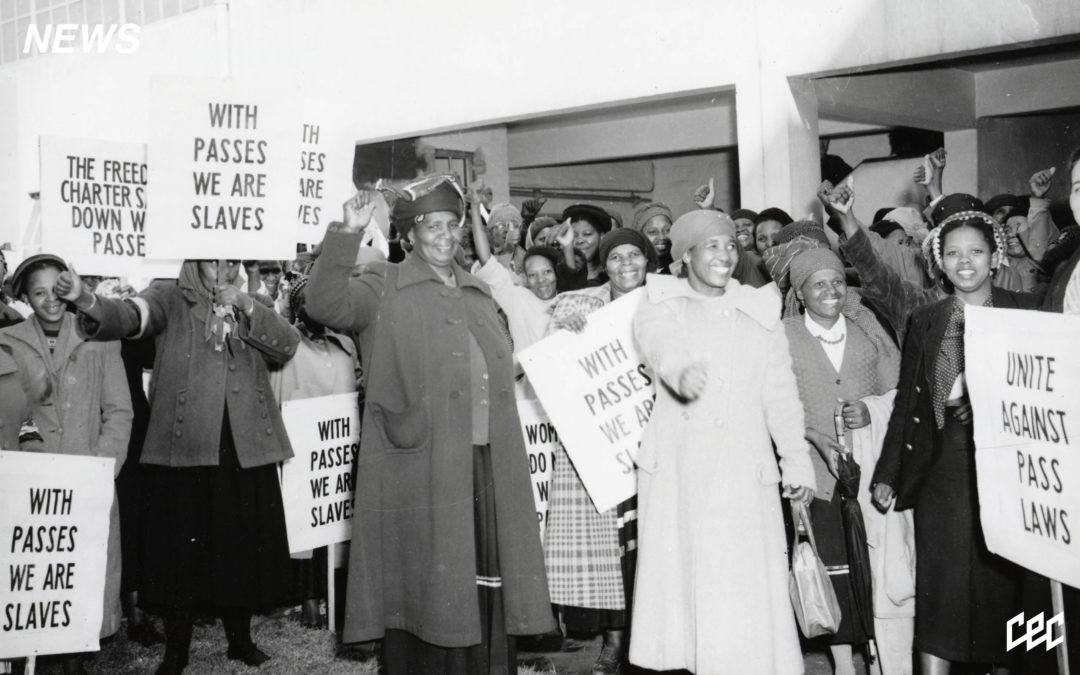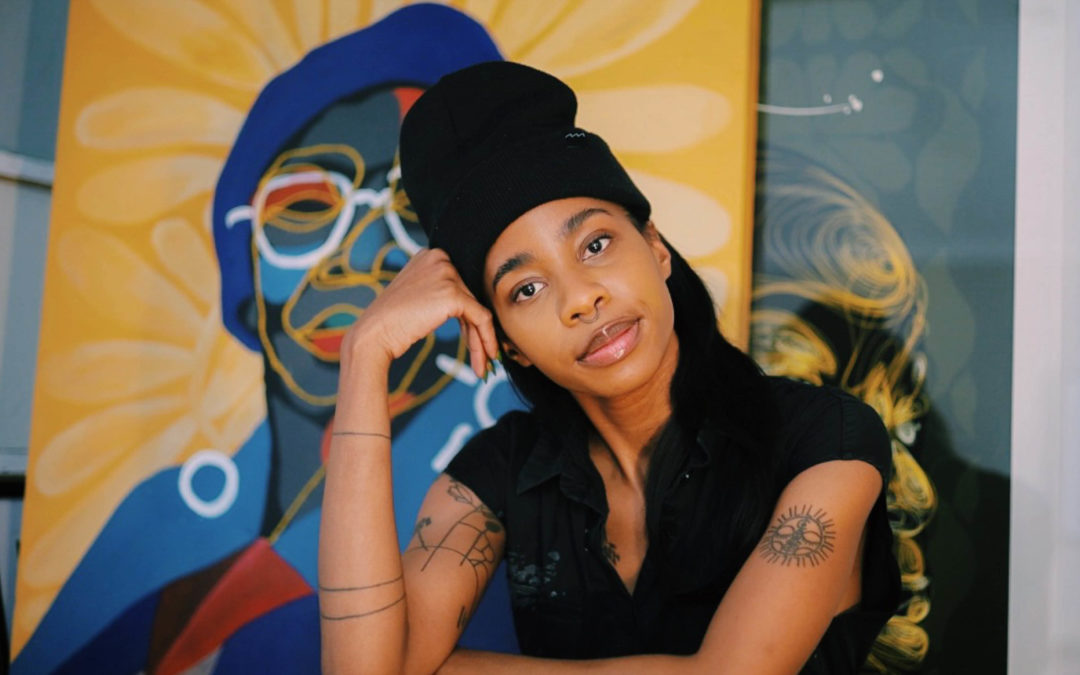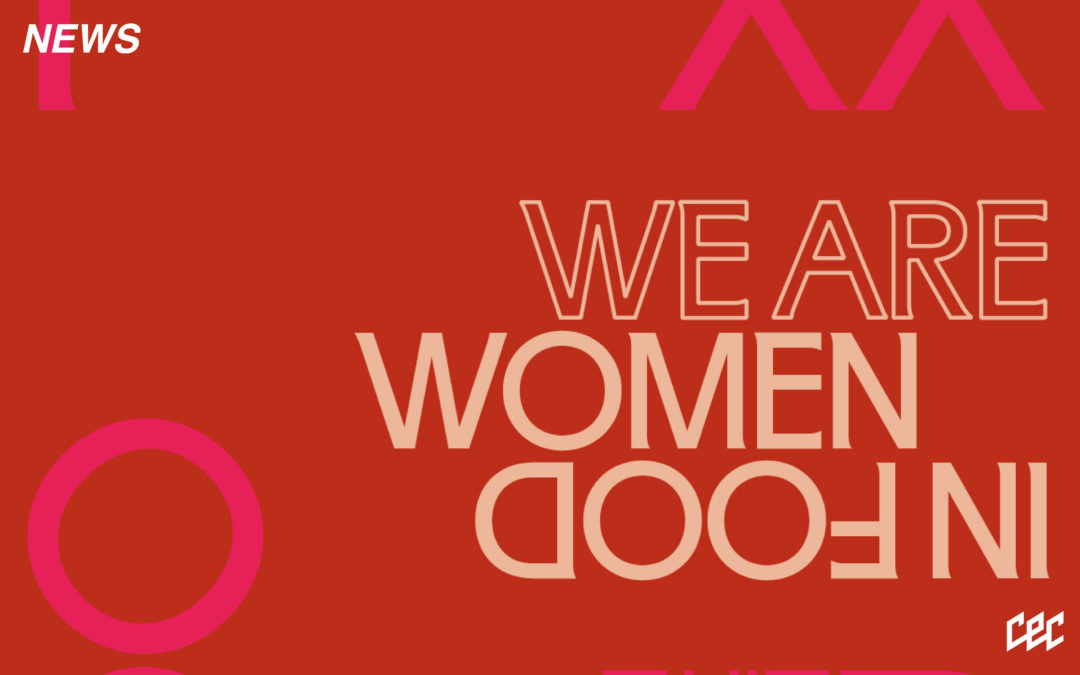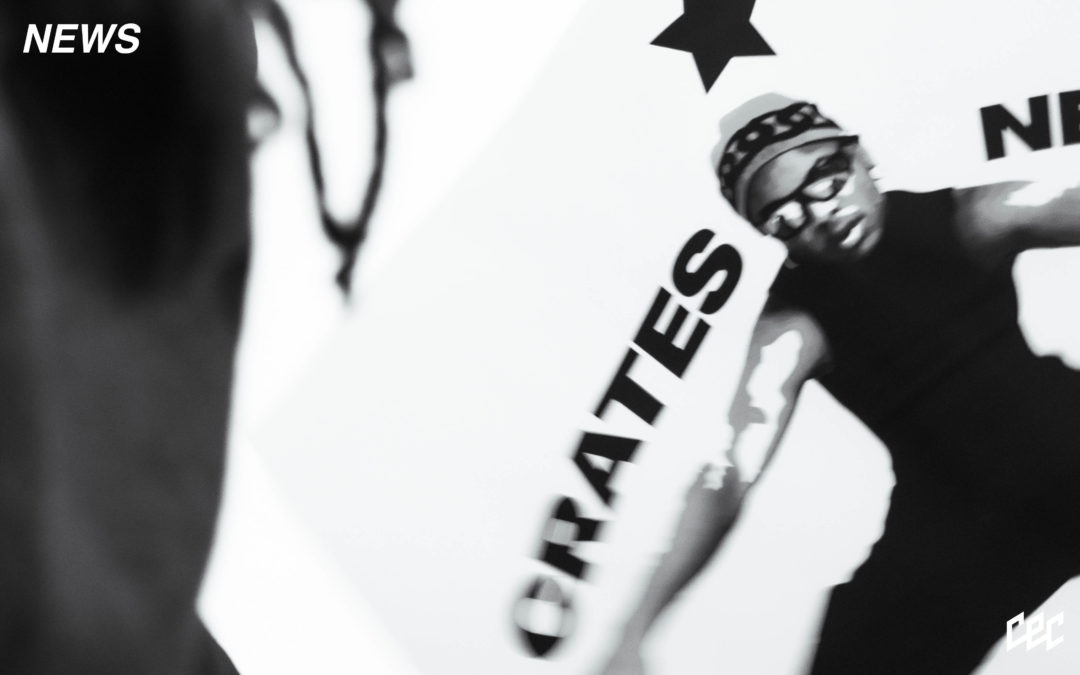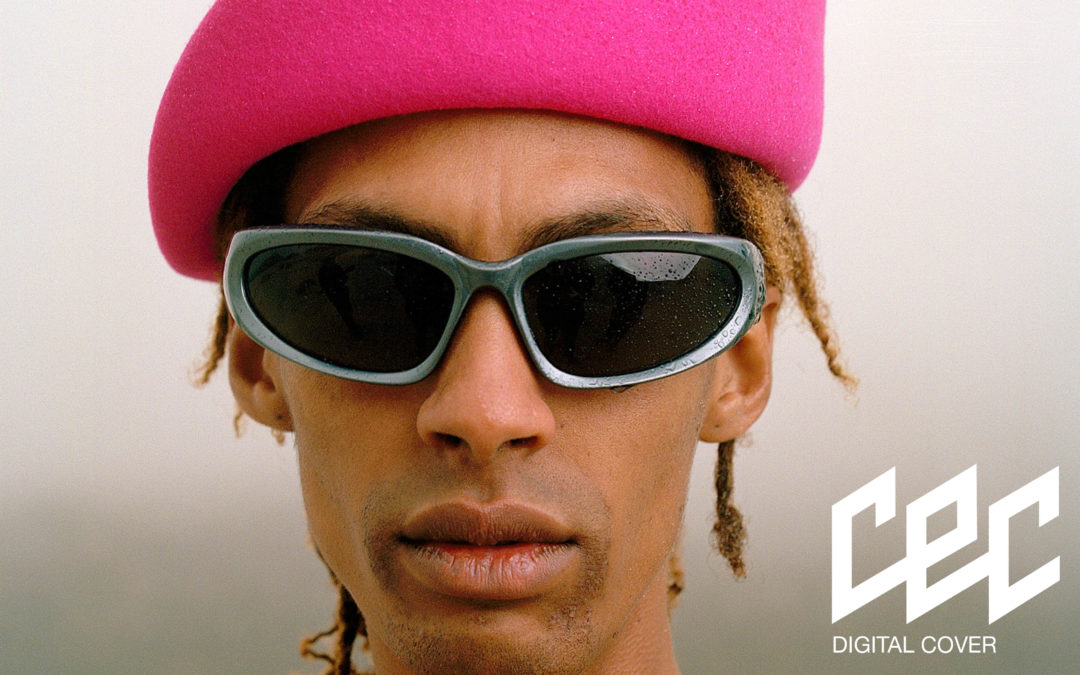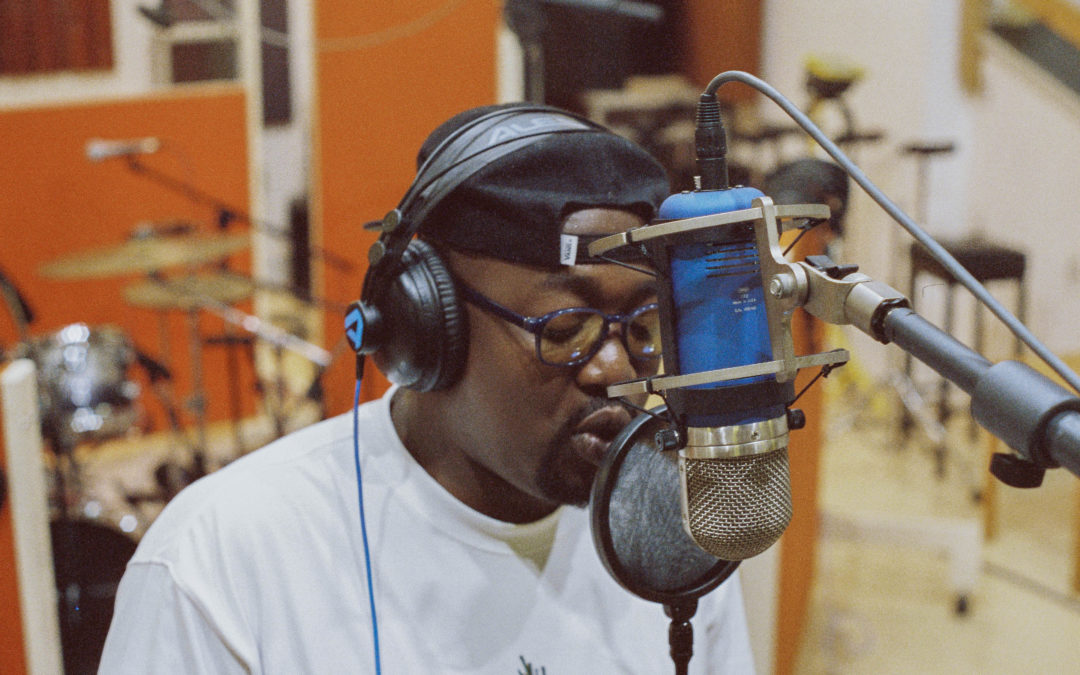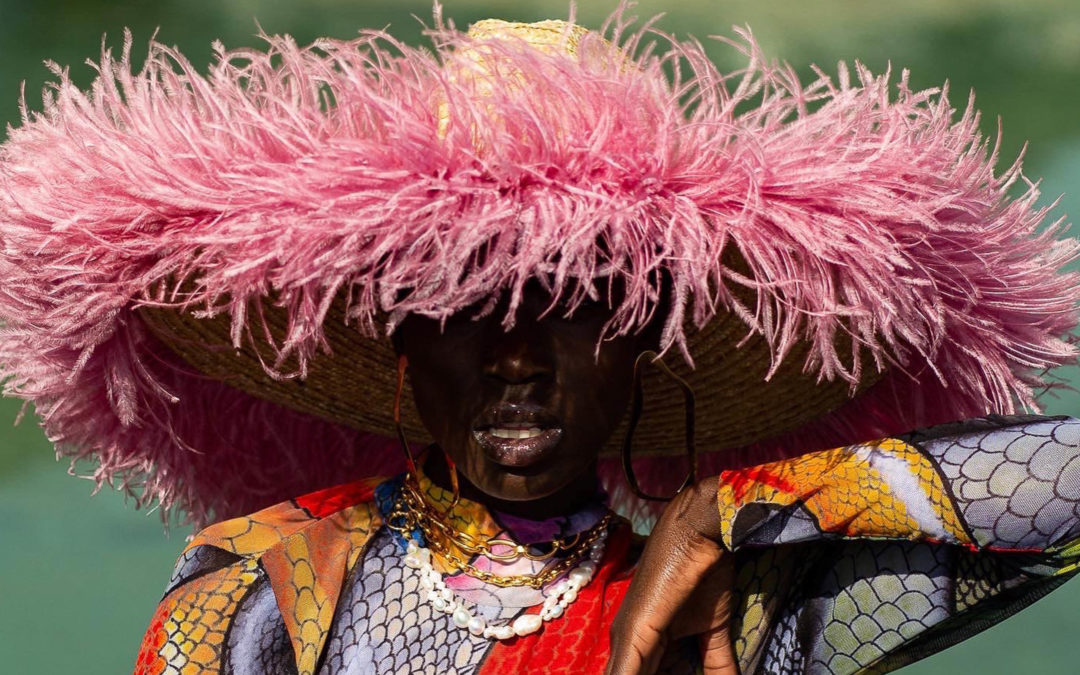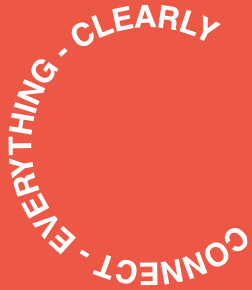As someone who has never done more than a feebly attempted glide across a tarmac street on a skateboard, but that has been adjacent to skateboarding’s dizzying effect on friends growing up; to skate, is to be cool. I don’t know how or why a bunch of compressed wood plies, bound by glue and finished with polyurethane wheels (that Dogtown scene is forever impressed upon my memory) has seemed to create a decade-spanning, planetary-wide scene of people as it has; creative, rebellious, and fiercely spirited, but it has – and it seems like skating is a new era, yet again. As a social and creative antidote to the restraints of this bizarre society we all find ourselves in, skaters like Yann-Xavier Horowitz are emblematic of just how potent the art of skating is; and how much it holds, in its ability to carve out communities and elicit creativity. As one of South Africa’s most beloved pro-skateboarders, Yann has grown up skating – professionally, personally and profoundly moulded by skateboarding.
“My cousin got a skateboard when I was 10, and I was extremely jealous – I made a deal with my parents that if I got straight A’s at school, then they’d get me a board. That year I worked my little butt off, and got all A’s in everything except for Afrikaans. As soon as I got that first skateboard, that was kind of it; I knew this is what I wanted to do. I’ve always wanted to use my body, and I’ve always been a physical person – so if it wasn’t gymnastics, or acrobatics, it was going to be skating. Skatingboarding is a very pure form of physical expression.” In our conversation, I ask Yann what he thinks makes skateboarding so special, and hold that kind of aura that it does? To which he says, “I think it’s because you have to work so hard to progress at it – skating is not easy, at all – and it’s also very personal. You can skate your own way, in your style – it allows for a lot more individual expression. With skating you have to be willing to take risks, to make mistakes and get hurt in the process; I think there’s something really special about the people who are drawn to skating, and willing to go through those processes.”
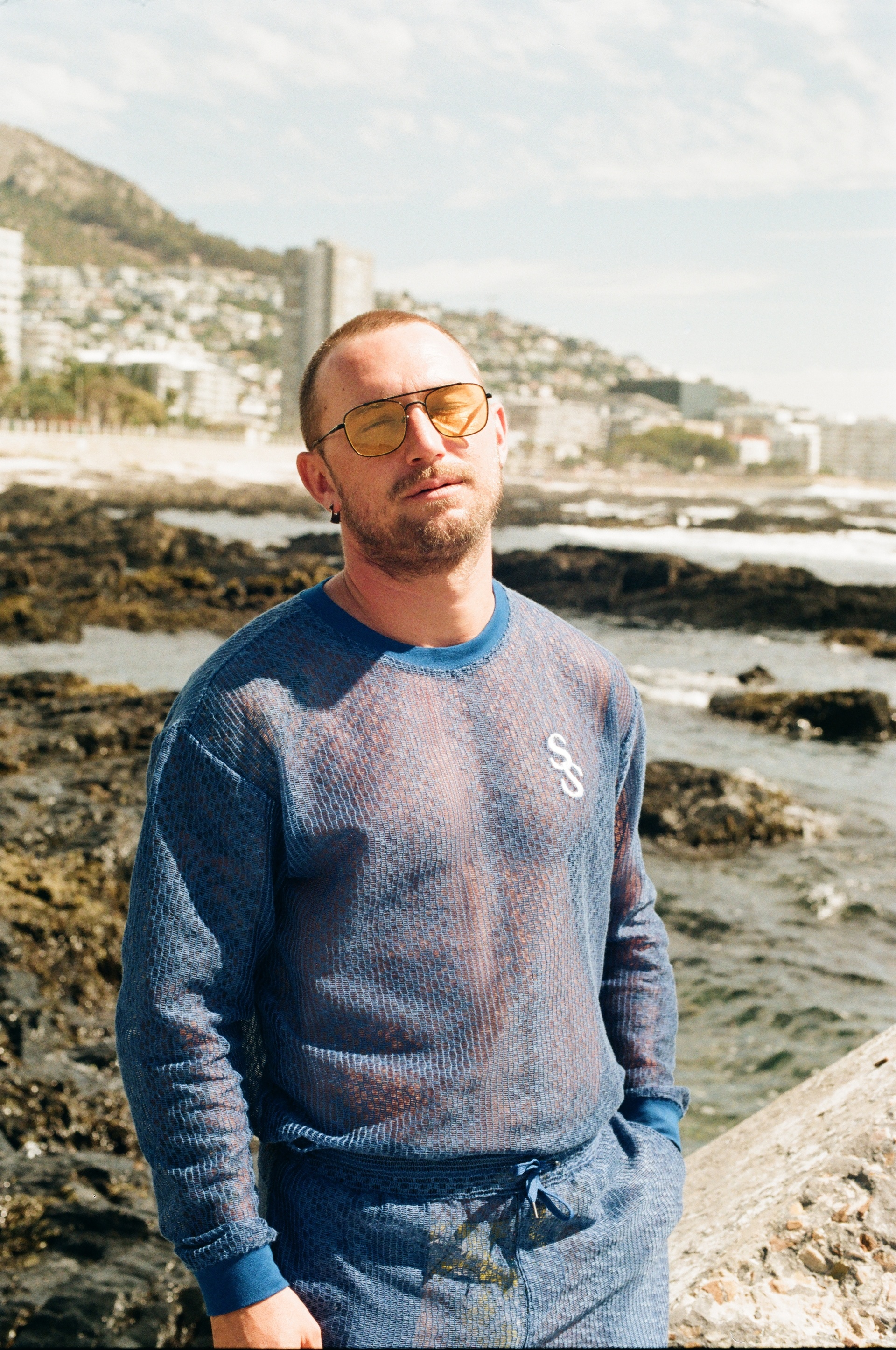
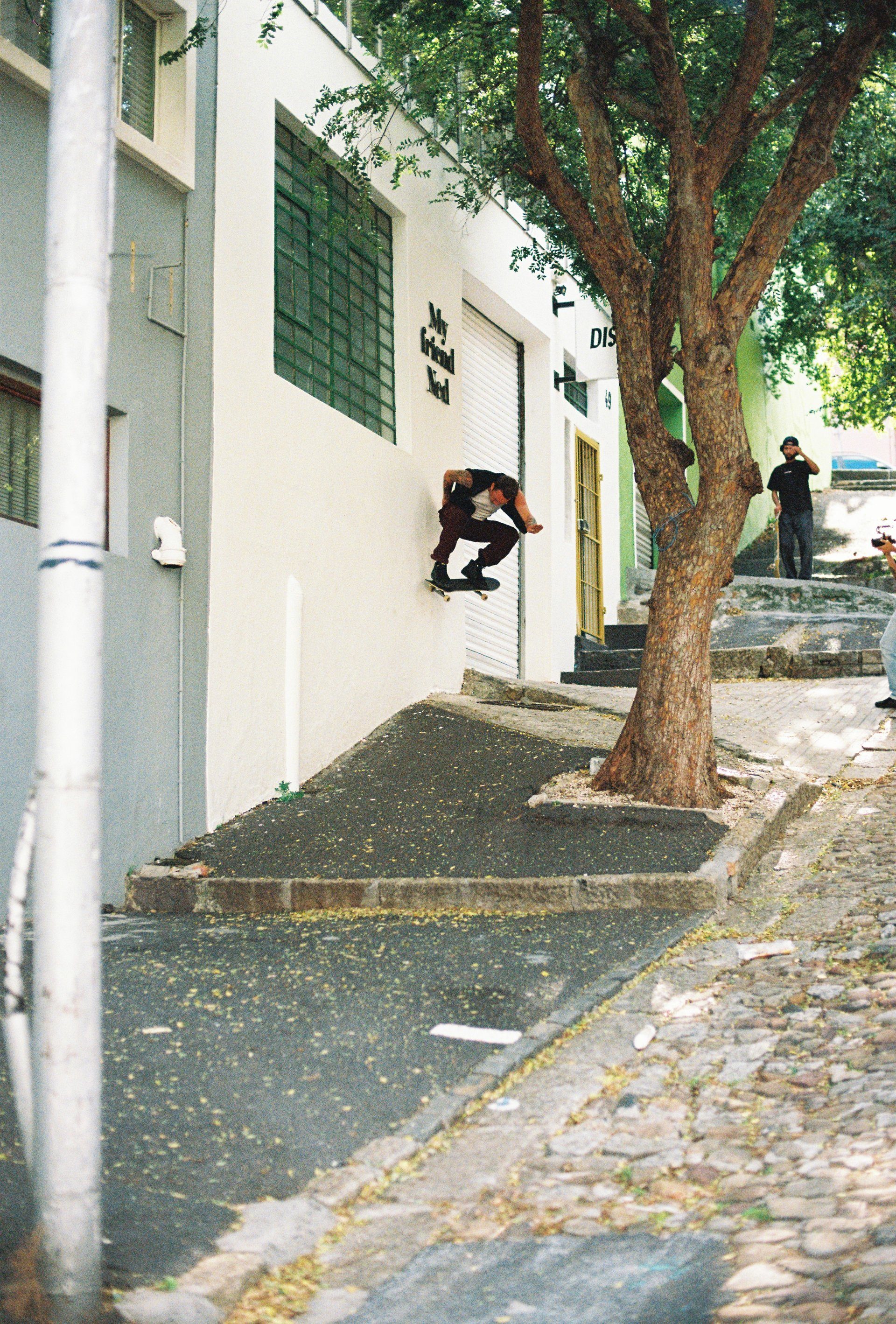
Images by David Shiffman
Yann has skated professionally since he was a teenager – at a time when skating in the country offered opportunity beyond just a passion or hobby. Last year, I interviewed Miles Masterson, co-founder of the iconic Blunt Magazine – and from that I learned just how much the scene was able to change and show up in the world, post-1994. In terms of his own career path, Yann explains – “With skating, it’s really tough to make it into a career. I got my first sponsor at 14, and as soon as I realised people were willing to back me in that sense, I charted it out – if I could get recognition at 14, and continued to work really hard, by the time I was 18, I could be on the right trajectory. So, I left matric and went to Barcelona to pursue skateboarding – while it may have looked like a two year gap year, that time was really about networking. Meeting with the right pros, the right companies, and that’s kind of the only way to become pro is to put yourself out there.” As a Baseline team rider, with sponsorships from Vans to Spitfire Wheels, Yann’s various wins has seen him skate all around the world. Yann explains what sets South African skaters apart, “When you start skateboarding, it’s all this innocence and love – it’s very pure, and about being present and just skating all day, trying new things. In terms of being a better skater, you realise quickly how much your ability needs to be able to translate into different terrains, different contexts. South Africa forged me in that, I can pretty much skate anywhere. We can thank the infrastructure, the way the ground is made, nothing is perfect here – so the rough spots here, in contrast to the really tidy and smooth European cities, actually defines most skaters who come from our country.” Skating is representative of a variety of socio-economic and cultural contexts. While the sport finds its origin in ‘70s Venice Beach, California – its spread, like wildfire, has seen its interpretation through the lens of the many people around the world who have made skateboarding their own. Yann offers a really beautiful way to understand this, saying “It’s actually a fascinating anthropological look at how skateboarding has developed; how architecture and infrastructure characterise various skate scenes around the world. So for example, South Africans have our own grittier, rougher way of skating – whereas Japanese skaters have adapted to smaller architecture, using quick-feet and creativity to navigate narrow spaces. South Africa gave me the chance to appreciate a crusty, bad spot. We are not polished skaters generally, which people tend to gravitate towards. We can pretty much skate anywhere if we can skate here in South Africa.”
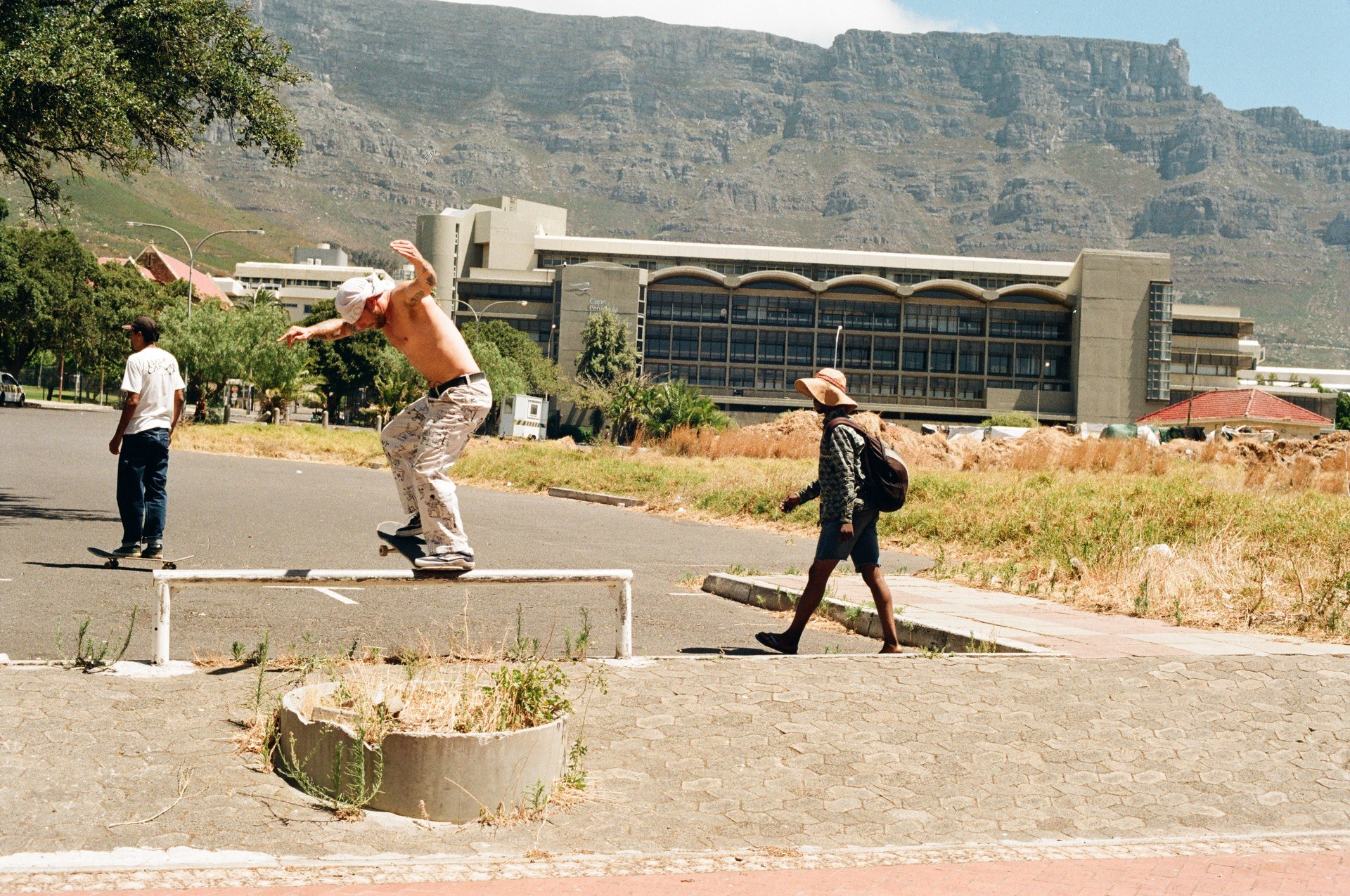
Image by David Shiffman
At the moment, Yann is appreciating the intersections of creativity that surrounds his beloved art form, “I competed very heavily when I was younger, but it’s not what I’m craving right now – I’m focused on these really interesting creative intersections that weave in and around skateboarding as a profession and a culture. I’m doing a lot of film, and using skating as a springboard for performance. I’ve been developing these characters, and using a greenscreen at home – filming these skate videos – the last one I did, I covered myself in gold glitter and I’d pop up from the corner of the screen, and so that’s my new addiction. The next one I’m releasing is called ‘Mental Stable’ and it’s going to involve a lot of horse masks, and amalgamate cowboy fetish and skateboarding.” This kind of true creative expression, and delve into the performance potential of skating, is what makes Yann such a potent figure in the contemporary scene. Skating has always been a refuge for the original, the different – but it has also been, like almost any space or institution, a site for divisions. So, when Yann came out publicly, and kissed his boyfriend in celebration of winning the Vans Park Series African Continental Championships in 2018, this act made history; and opened up a realm of conversation within skating. I ask Yann about this, and what he feels about being queer and open; in a culture that right now often asks LGBTQIA+ people to be the face of inclusivity, to which he says, “I went through a period where I didn’t want to talk about being gay anymore, I just wanted to skate and get on being with being myself. As I got older, I’ve realised that I’m a voice I didn’t have when I was younger – I am in a very important position to be that voice for kids who are maybe going through what I went through, you know, being in the closet and not knowing how to love themselves for who they were born to be. So, I’ve flipped that around and I’ve actually been helping kids come out to their families, and I’m in a place where I’ve laid it out; people know, I’m as transparent as possible with who I am, and then I can just be that light for anyone who wants to ask questions. I really love it when people reach out to me with questions or issues, but I know that if I had someone like me when I was that age, I would have probably come out a lot sooner. Now, I love being a gay skateboarder – everything is so fluid these days, and it’s become less of a talking point, the world is becoming more of a place where so many people can just show up and be themselves.”
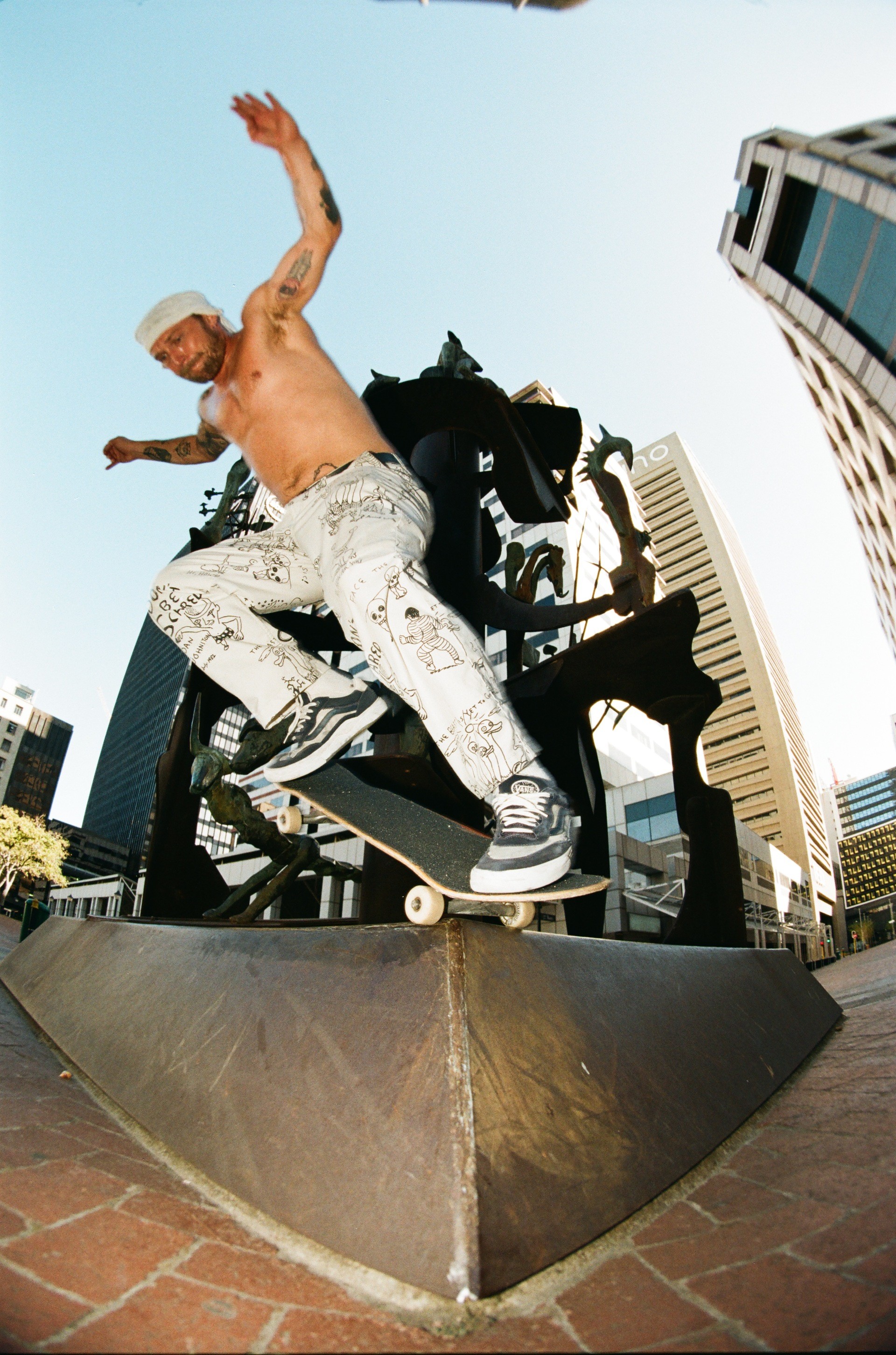
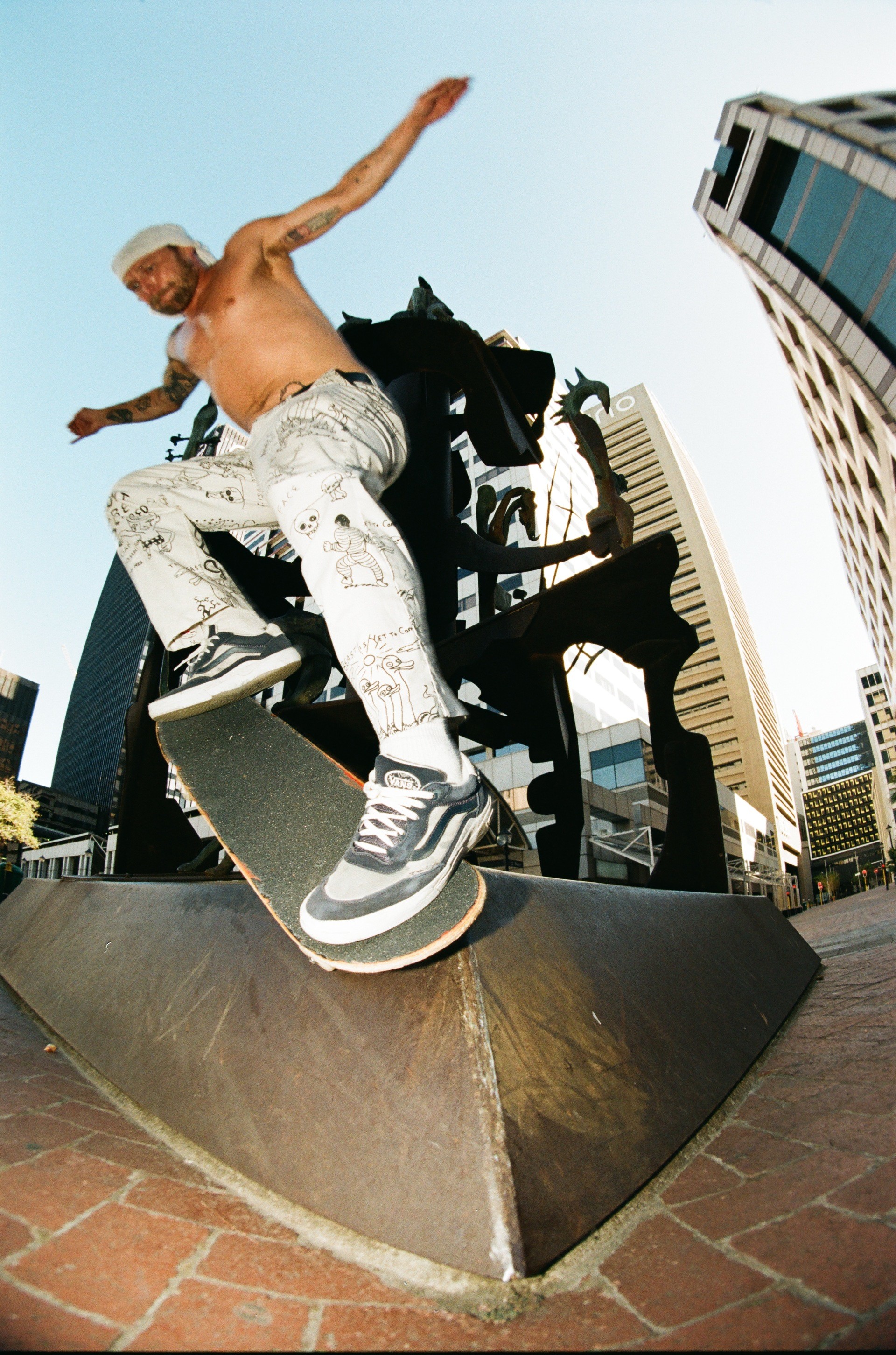
Images by David Shiffman
While skating competitively will always be the bedrock of Yann’s career, his future is now rooted in his creative potential through other mediums. Yann is heading to Los Angeles to kick-off filming for the next season of a show that he hosts, ‘A Simple Path’ for Insight TV, a seminal skate-travel show, “A Simple Path is actually a COVID baby. A friend of mine that’s worked for National Geographic and in film, called me up and was like ‘hey, I dunno about you, but I’m dipping into savings because I need to work like right now, you’re good in front of the camera, let’s film a pilot for a TV show that revolves around skate communities around the world?’ and I had nothing to lose at that point, except some money as it was all self-funded, and then two months later we got a phone call, and received a budget for 10 episodes. The whole premise of the show is to find creatives within the skate community – like musicians, sculptures, artists, tattoo artists – and we interview them about skating and their craft or passion, and how the two feed into each other. I’m so lucky, I get to travel to all these different countries and meet all these new people, and grow my international family more and more.”
Now this is living.
Keep a lookout here for updates of ‘A Simple Path’
Featured Image by David Shiffman
Written by: Holly Beaton

